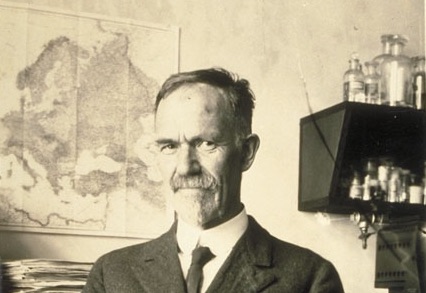
Conservatives would be wise to push for a bolder plan that addresses the conflation of political and charitable causes—and clearly defines what constitutes legitimate charitable goals. That’s the only way to ensure philanthropy doesn’t lose all credibility and become completely politicized. Let’s focus on what really matters.

The reaction to Amy Coney Barrett’s nomination shows how the notion of God presents a challenge for the liberal intelligentsia, the cutting-edge moral and philosophical doctrines of which raise serious questions about any form of transcendent truth. For conservatism, a religious understanding of brokenness can only better it.







